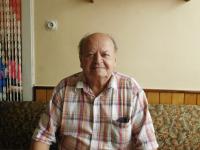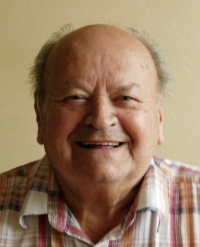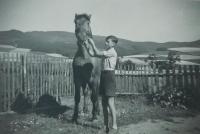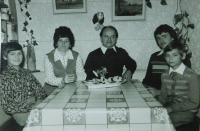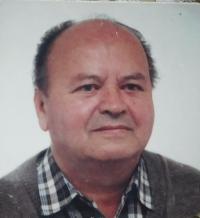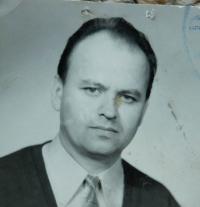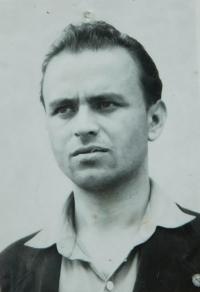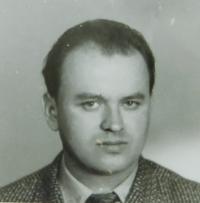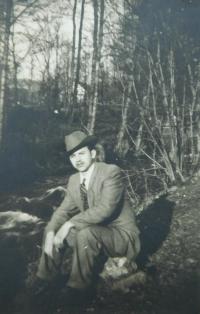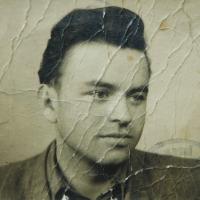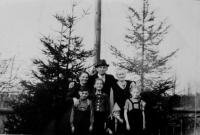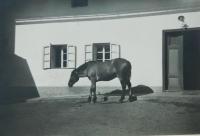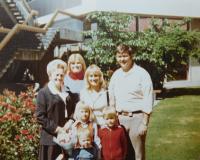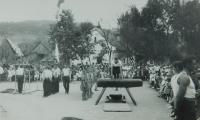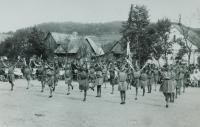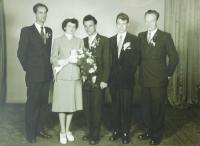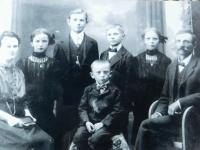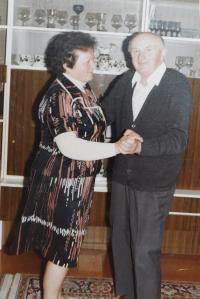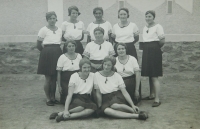Cold farming

Download image
František Nejedlý was born on 17 February, 1931 in the colony of Plechy, formerly a part of the village Dolní Studénky in the region of Šumperk. While his mother was of the Czech origin, the father came from the nationally mixed Czech-German marriage. During WW2 the father had to joing the Wehrmacht and in 1940 got in the British capture in the battle of France. After being released he has not came back home and stayed in Germany, where most of his relatives were resettled meanwhile. He left his wife and three children behind in the Czechoslovakia; the middle one called Inke emigrated shortly after 1948 to join her father. Then there were several home searches and repeatedly the mother was called in to get interrogated by the secret police. When the oldest son František went of to serve for the military troops, he was sent to the auxiliary technical troops (PTP), which served the state to get cheap labour force. In various places of the republic he spent 27 months working for the troops. After returning František Nejedlý worked in the gas factory, then in MEZ Šumperk and since 1965 for the Czechoslovak rails. In 1956 he married Jiřina Linhartová, with whom he had three sons; Jiří, Jindřich and František. Two years after the marriage they moved to Dolní Studénky, where he also lived with his wife in 2017.
